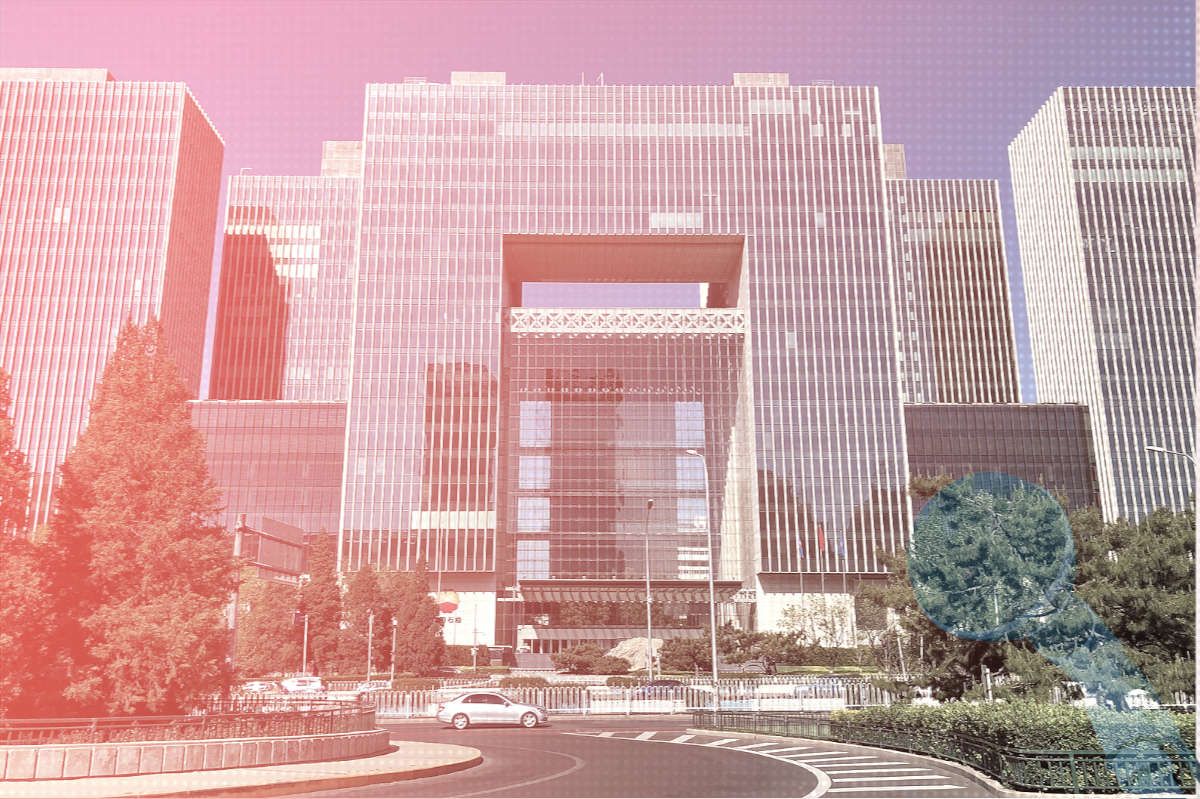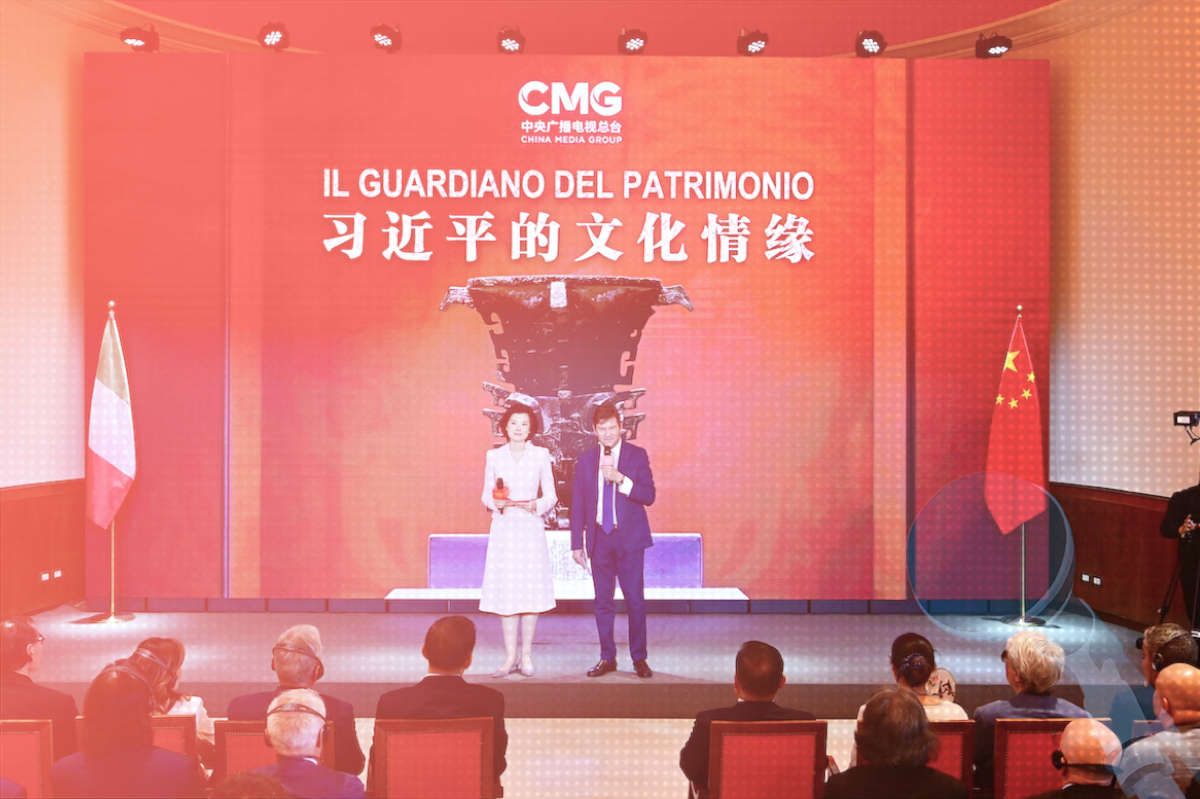The once-a-year full parliamentary session of the National People’s Congress (NPC) generally offers more pretense than substance. The real legislative decisions are made behind closed doors by the Chinese Communist Party and by the 150-member standing committee of the NPC, which meets throughout the year.
But the NPC, which kicked off in Beijing today with Premier Wen Jiabao’s annual work report, can still prove interesting — even if, as one Chinese social media user remarked in a post (deleted) last week, it can look like “the world’s grandest cheerleading troupe.”
A Guangdong journalist I spoke to last week as they were setting off to cover the NPC said things could become more interesting this year because the current crop of delegates are on their way out. They might make a bit more fuss about things like China’s seriously outmoded hukou system.
It’s a logic seen quite commonly in China’s political culture. Speak up when your voice matters least, and when you have the least to lose — for this entails less political risk. (The same logic, incidentally, means that the memoirs published by retired Party leaders, the ones who have finally let their hair go grey, tend to be more critical, and more interesting, than anything they dared say while in office.)
Now that the NPC is underway, we’ll have to keep our eyes pealed for points of interest or, dare we hope, significance.
But however the NPC shakes out, of at least equal importance will be how China’s media use the opportunity afforded by the session to discuss critical issues now facing China — in the lead up, remember, to the far-more-significant 18th Party Congress this October.
The broader question we should continue to see in the headlines is about the future of reforms — economic, social and political. Does China need further reform? What kind of reform? And how can it reach a consensus on the future?
Today we turn to an interview with Zheng Yongnian (郑永年), director of the East Asian Institute at the National University of Singapore, that was run in 21st Century ahead of this week’s NPC and is cropping up on the internet today.
21st Century is a magazine published by the Chinese Communist Youth League, a center of power for current President Hu Jintao (胡锦涛).
The magazine explains that the interview was done “ahead of the current ‘two meetings’ [of the National People’s Congress and Chinese People’s Political Consultative Congress]” on the crucial issue of “how to promote and create a consensus on reforms, how China can make the transition from economic reform to social reform, and how [it can] further deepen economic system reforms.”
Like many recent articles and discussions on reform in recent weeks, the 21st Century interview with Zheng Yongnian is also pegged to the twentieth anniversary of Deng Xiaoping’s 1992 “southern tour,” in which the paramount leader who began China’s economic reforms in the late 1970s re-affirmed the path of economic development in a series of speeches.
One of the chief points made in the interview with Professor Zheng drawn out by the magazine is that the “deepening” of reforms is not simply about “striking down vested interests.” A number of commentaries and analyses in recent weeks have centered on increasingly entrenched vested interests in China as an obstacle to badly needed reforms.
Back in January, a report from a group of scholars at Tsinghua University, including Sun Liping (孙立平), the former doctoral adviser to now vice-president and successor apparent Xi Jinping (习近平), argued that China was in the midst of a “transition trap” (转型陷阱) in which the energy and impetus to push ahead with necessary reforms was being lost. Sun’s report warned that “powerful vested interests” in China were now “holding reforms hostage.”
A brief portion of the interview with Zheng Yongnian follows:
21st Century: Opinions are quite divergent about whether to [continue to] reform or not, and how how to reform, and there is no agreement. How do you see the current state of reforms [in China].
Zheng Yongnian: I think there is little divergence over the question of whether or not to reform. Aside from a very few people who talk about how the “China Model” is the best — by “China Model” they mean something very different from how I generally mean it, that it to say I see it as a neutral term — the vast majority of people in society all support reforms. There are even many so-called vested interests people assume would oppose reforms [who in fact support them].
Why do I say that? Because while these vested interests have benefitted substantially from the reform process, they now feel little sense of security under the current state of things. So we’ve seen a large number of rich Chinese moving their wealth overseas.
In terms of the conditions for reform, things right now are far better than they were at the outset of economic reforms. As economic reforms began [in the 1970s and 1980s], there were also vested interests and the obstacles were also great, perhaps greater than they are today. At that time, the opposition came from many sides, including ideology and ideas, organizations and institutions, and financial interests. When we look again at the situation today we see that the conditions are far better.
As for how to reform, there is a lot of division right now. In my view, the ruling Party should seek quickly to move towards a greater consensus on reforms, and a specific blueprint for future reforms, by further pushing to open up and liberate [people’s] ideas (思想大解放).
Looking at a relatively successful example of reforms, the entire [decade of] the 1980s were a time of searching. On the ideological level, there was also no strong consensus within the ruling Party. At that time even the concept of a “market economy” couldn’t be raised [openly] — you could only talk about a “commodity economy” (商品经济). Aside from the very successful initial reforms in the countryside (农村改革), economic reforms in other areas never found a point of breakthrough, even though there were attempts.
Finally, Deng Xiaoping’s “southern tour” came along to change this situation. The “southern speeches” (南方讲话) Deng Xiaoping made in 1992 became the guiding ideas of the 14th Party Congress held that year. Through all of that padding [i.e., preparation in terms of ideas] the 14th Party Congress was ultimately able to establish the [ideological] superstructure of the “socialist market economy” (社会主义市场经济), bringing to an end the waffling between a planned economy and a market economy and breaking through the ideological wrangling over whether the market economy was surnamed “Capitalism” or surnamed “Socialism” (姓“资”还是姓“社”). Finally, a consensus on economic reforms was reached.
Looking back, the process of reaching a consensus on economic reform was one full of strategies [by various camps], and these strategies were at once a matter of political experience and political acumen.





















